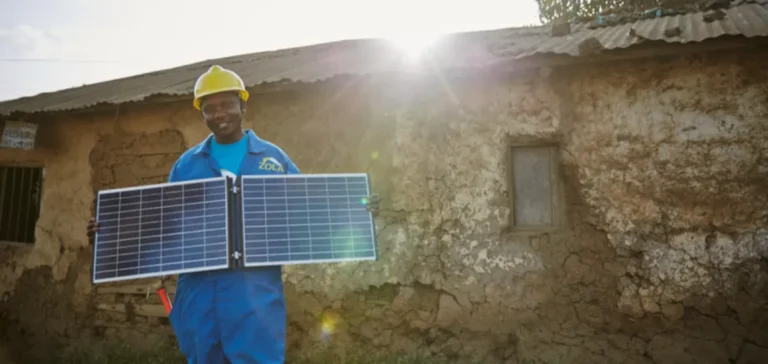Ignite Power has announced its participation in the $270 million (MZN17.20bn) Pro Energia+ programme, backed by the World Bank, as part of a strategy to accelerate electricity access for rural populations in Mozambique. The pan-African company, specialised in distributed infrastructure, will use this framework to scale up its operations targeting households not connected to the national grid.
The programme is based on a Results-Based Financing (RBF) model and involves Bamboo Capital Partners as fund manager, along with the Fundação para o Desenvolvimento da Comunidade (FUNAE) responsible for local implementation. Pro Energia+ forms part of the World Bank’s Mission 300 initiative, which aims to connect 300 million people across Africa by 2030.
A targeted electrification strategy for remote areas
Ignite Power plans to deploy its low-cost solar home systems on a large scale, designed for operation in hard-to-reach areas. These devices enable first-time electricity access for basic needs such as lighting, mobile phone charging and small appliances, all via pay-as-you-go offers tailored to low-income households.
In parallel, the company is developing productive-use technologies including solar-powered irrigation, cold storage, and post-harvest processing. These solutions aim to boost agricultural income and improve food security in isolated regions, while supporting the development of income-generating activities.
A model recognised for deployment capacity
Ignite Power has operated in Mozambique for several years and has already connected over 200,000 households across seven provinces, directly impacting around 1.2 million people. The company has demonstrated its ability to operate in areas excluded from conventional electrification plans, showing the operational and economic viability of off-grid solutions.
Its prior experience with RBF frameworks, including through the BRILHO and Beyond the Grid Fund for Africa (BGFA) programmes, has established its reputation as a reliable partner for institutional funders. Ignite Power relies on a proprietary digital platform to manage field operations, customer payments, and real-time performance tracking.
A continental ambition aligned with national objectives
The partnership with Pro Energia+ aligns with Ignite Power’s broader objective to connect 100 million people across Africa by 2030. Present in nine African countries, the company combines technical expertise and operational capacity to support public electrification policies and meet international funders’ requirements.
“This partnership represents an important step in reaching Mozambique’s most remote areas through reliable and replicable solutions,” said Arthur Houston, Managing Director of Ignite Mozambique.






















